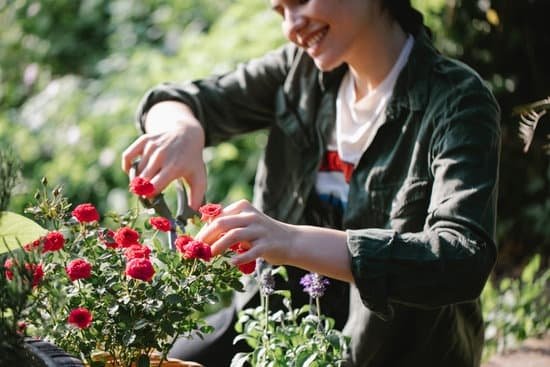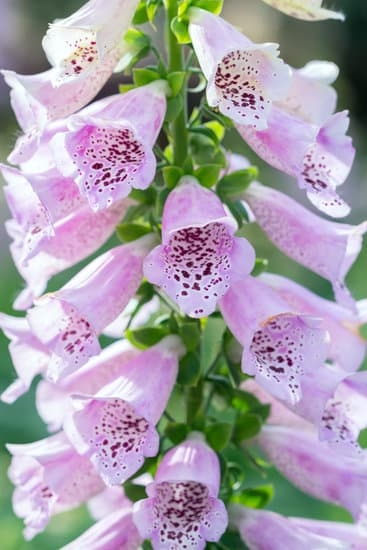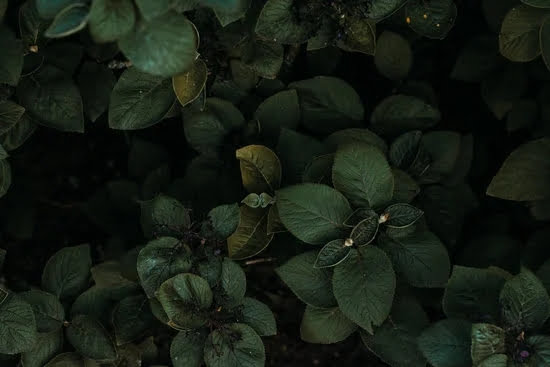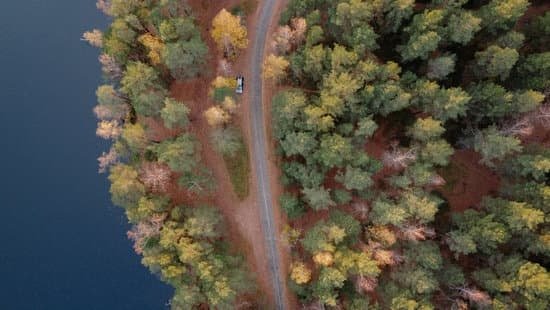Vegetable Gardening Tips For Beginners Uk
There is a lot of information out there on vegetable gardening for beginners, but a lot of it is conflicting. This can make it difficult to know where to start, and it can be hard to figure out what works best for your garden. In this article, we will provide some tips to help you get started with your vegetable garden, based on our own experience.
Site Selection
The first step in starting a vegetable garden is selecting a good site. The site should get plenty of sunlight, and it should be relatively easy to access. It’s also important to consider the soil quality and drainage. If the site is not ideal, you can always improve the soil by adding organic matter such as compost.
Layout
When designing your garden, it’s important to think about the layout. You will want to create a plan that includes the different types of vegetables you want to grow, and you will need to think about the spacing requirements. You will also need to decide where to put your garden bed, and whether you want to use raised beds or in-ground beds.
Soil Preparation
The next step is to prepare the soil. You can do this by adding organic matter such as compost, or you can use a soil amendment such as manure. You will also need to add some fertilizer, and you should test the soil pH to make sure it is within the range that is optimal for vegetables.
Planting
Once the soil is prepared, it’s time to plant your vegetables. Be sure to follow the instructions that come with your plants, and be sure to water them regularly. You may also need to provide some support for taller plants.
Weeding
Weeding is an important part of vegetable gardening, and it can be time-consuming. The best way to avoid weeds is to mulch your garden bed with a layer of organic matter. This will help to keep the weeds at bay, and it will also help to improve the soil quality.
Harvesting
Finally, it’s important to remember to harvest your vegetables when they are ripe. Don’t wait too long or they will start to rot. Harvesting your vegetables regularly will help them to grow better and produce more fruit.
Beginner Gardener Tips
There are a few things that every beginner gardener should know before starting their first garden. First and foremost, be sure to select the right plants for your climate and growing conditions. Some plants are better suited for colder climates, while others thrive in warmer weather. Likewise, some plants require full sun while others will grow in partial shade.
Another important thing to consider when starting a garden is the soil condition. Most plants prefer a soil that is rich in organic matter, so be sure to add compost or organic matter to the soil prior to planting. Also, make sure the soil is well-drained, as most plants do not do well in wet soil.
Finally, be sure to water your plants regularly, especially during the hot summer months. Mulching around the plants can also help to conserve moisture.
With these tips in mind, you are ready to start your very own garden!
Vegetable Gardening Tips For Beginners In India
Starting a vegetable garden is a rewarding experience, not just because you will have fresh vegetables to eat all summer long, but because you will also have the satisfaction of knowing that you grew them yourself. If you are new to vegetable gardening, here are a few tips to help you get started.
Choose the Right Vegetables
Not all vegetables are well-suited for beginners. Some vegetables, such as tomatoes and cucumbers, require a lot of care and attention. Other vegetables, such as lettuce and spinach, are easier to grow and require less maintenance.
Choose the vegetables that you want to grow, and then do some research to find out what kind of soil and climate they need. If you live in a climate that is too hot or too cold for certain vegetables, you may want to consider growing plants that are adaptable to your climate.
Pick the Right Location
The location you choose for your vegetable garden is important. You want to choose a spot that receives plenty of sunlight, but you also want to make sure that the soil is fertile and that the area is free of weeds.
If you don’t have a lot of space, you can grow vegetables in containers. Just make sure that the containers are large enough to accommodate the plants, and that they have drainage holes so that the soil can dry out between waterings.
Prepare the Soil
Before you can plant your vegetables, you need to prepare the soil. Add some organic matter to the soil to improve its texture and fertility. You can do this by adding compost, manure, or peat moss to the soil.
If the soil is too acidic or alkaline, you can add lime or sulfur to adjust the pH level. Be sure to read the instructions on the fertilizer package to find out how much to add.
Plant the Vegetables
Once the soil is prepared, it’s time to plant the vegetables. Follow the instructions on the package to find out how deep to plant the seeds or transplants.
Be sure to water the vegetables regularly, especially during the hot summer months. You may also need to apply fertilizer to the plants to help them grow strong and healthy.
Harvest the Vegetables
Once the vegetables are ripe, it’s time to harvest them. Harvest the vegetables early in the morning, when the fruits and vegetables are cool and the flavors are at their peak.
Store the vegetables in a cool, dark place until you are ready to eat them. And enjoy the delicious taste of vegetables that you grew yourself!
Gardening Tips Flower Gardening Tips For Beginners
A lot goes in to flower gardening- from understanding the specific light needs of your flowers, to choosing the right soil and amendments, to watering and fertilizing correctly. Here are some tips to help you get started:
Choose your Flowers Wisely
Not all flowers are created equal when it comes to their light needs. Some flowers, like daisies and asters, prefer full sun and can wilt in the shade. Other flowers, like impatiens and begonias, can tolerate partial sun or even shadier spots in the garden. When choosing your flowers, be sure to take into account the amount of light they will receive in your garden.
Amend your Soil
Most flower gardens require well-drained soil that is high in organic matter. Amend your soil by adding compost, peat moss, or other organic matter before planting. If your soil is heavy or clay-like, you may also need to add sand or perlite to help it drain better.
Water Correctly
Watering correctly is key to having a successful flower garden. Most flowers need 1-2 inches of water per week, either from rainfall or from watering. Be sure to water deeply and evenly, and avoid over-watering which can lead to root rot.
Fertilize Appropriately
Fertilizing your flower garden is important for ensuring healthy plants. Use a balanced fertilizer such as 10-10-10, and apply it according to the instructions on the package. Fertilize in the spring, summer, and fall for best results.
By following these tips, you can create a beautiful and thriving flower garden, even if you’re a beginner!

Welcome to my gardening blog! I am passionate about plants and enjoy sharing my knowledge and experiences with others. In this blog, I will write about everything related to gardening, from tips on how to get started to updates on my own garden projects.





